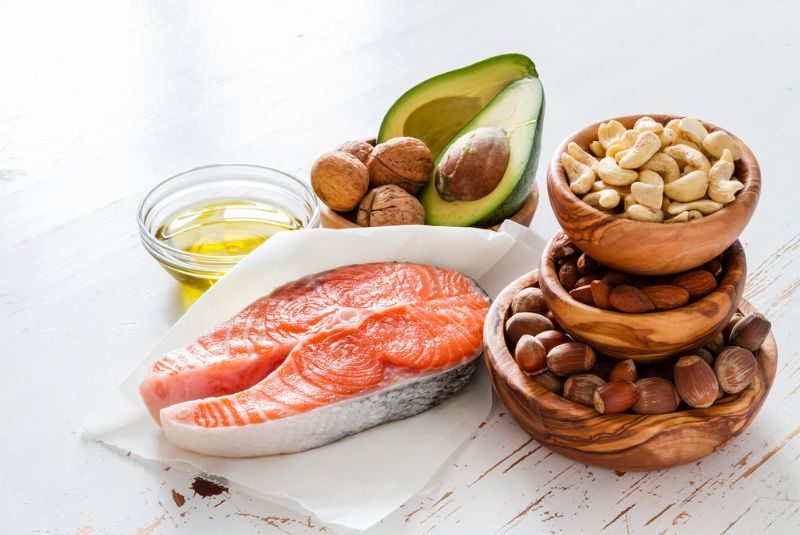If you’re going to the gym on a consistent basis but you’re not seeing the results you want, it could be directly related to the food you’re eating. Health is a combination of exercise and proper nutrition. Proper nutrition is the building block of optimal health and wellness. At its core, food is meant to be used for energy and medicine, not pleasure or overindulging.

Once you go from yoyo dieting and poor nutrition to consistent and healthy food choices – everything will fall in line. Not only will eating healthy food make you feel better, it will enable you to reach your goals faster! Even if you consider yourself at a healthy weight, a poor diet can lead to disease and death.
Diabetes, high blood pressure, and chronic illnesses are all linked to poor health choices. Try to make small changes in your eating habits now. Your current body is the only one you will get – you might as well take great care of it! There are no shortcuts, even if you purchase the flat tummy tea you see your favorite Instagram user posting about.
Even if you lose a considerable amount of weight through a fit tea or a highly restrictive diet, there’s a greater likelihood you will gain the weight back immediately. It’s nearly impossible to maintain a restrictive diet for long periods of time, it can wreak havoc on your metabolism.
It’s much more beneficial to build habits that will lead you to a healthy lifestyle rather than jumping on one dieting band wagon to another. Here are a few ways you can begin to create a healthy lifestyle:
- Consume a variety of fruits and vegetables
The USDA recommends between 2 to 2.5 cups of vegetables per day and 1 to 1.5 cups of fruit per day.
- Don’t eat too much
You shouldn’t be eating until you feel uncomfortable, eat until your satisfied.
- Pick plant proteins
Quinoa, chia seeds, and oats are excellent examples of plant protein sources to incorporate into your lifestyle.
- Drink water
Water should be your top drink choice, ditch the sugary drinks and sodas. Drinking water before and after meals is very beneficial.
- Incorporate lean protein sources
According to the American College of Sports Medicine, you should incorporate 0.5 to 0.8 grams of protein per pound of bodyweight if you’re looking to gain muscle and reduce fat.
- Choose whole-grains
Whole wheat bread, brown rice, and whole wheat pasta are great sources of energy for your body.
- Don’t ingest too much red meat
The World Cancer Research Fund suggests you shouldn’t eat more than 3 portions (350g-500g) of meat per week.
- Minimize sugar intake
According to the American Heart Association, men shouldn’t have more than 37.5 grams (9 teaspoons) of sugar per day and women shouldn’t have more than 25 grams (6 teaspoons) per day.




